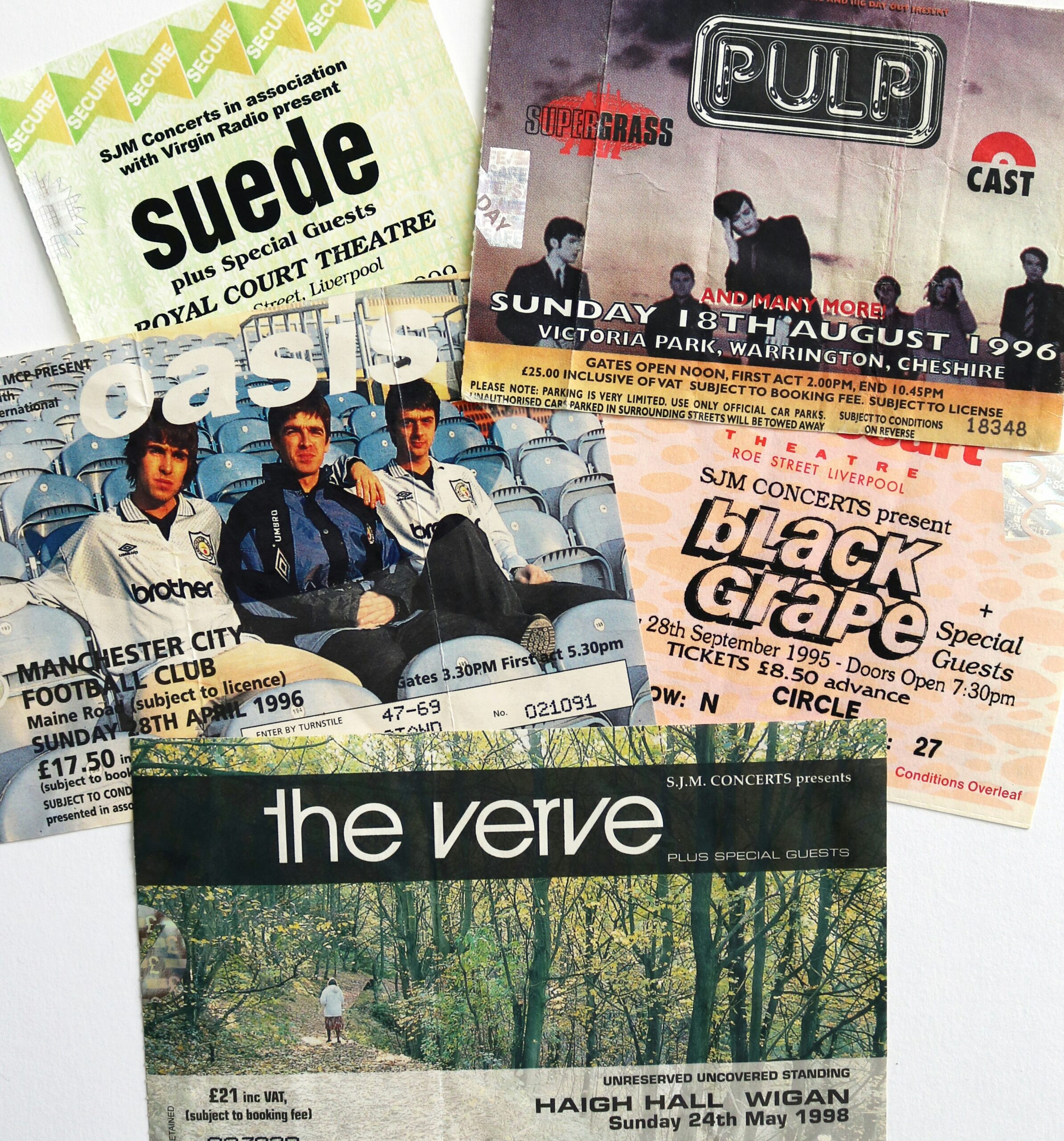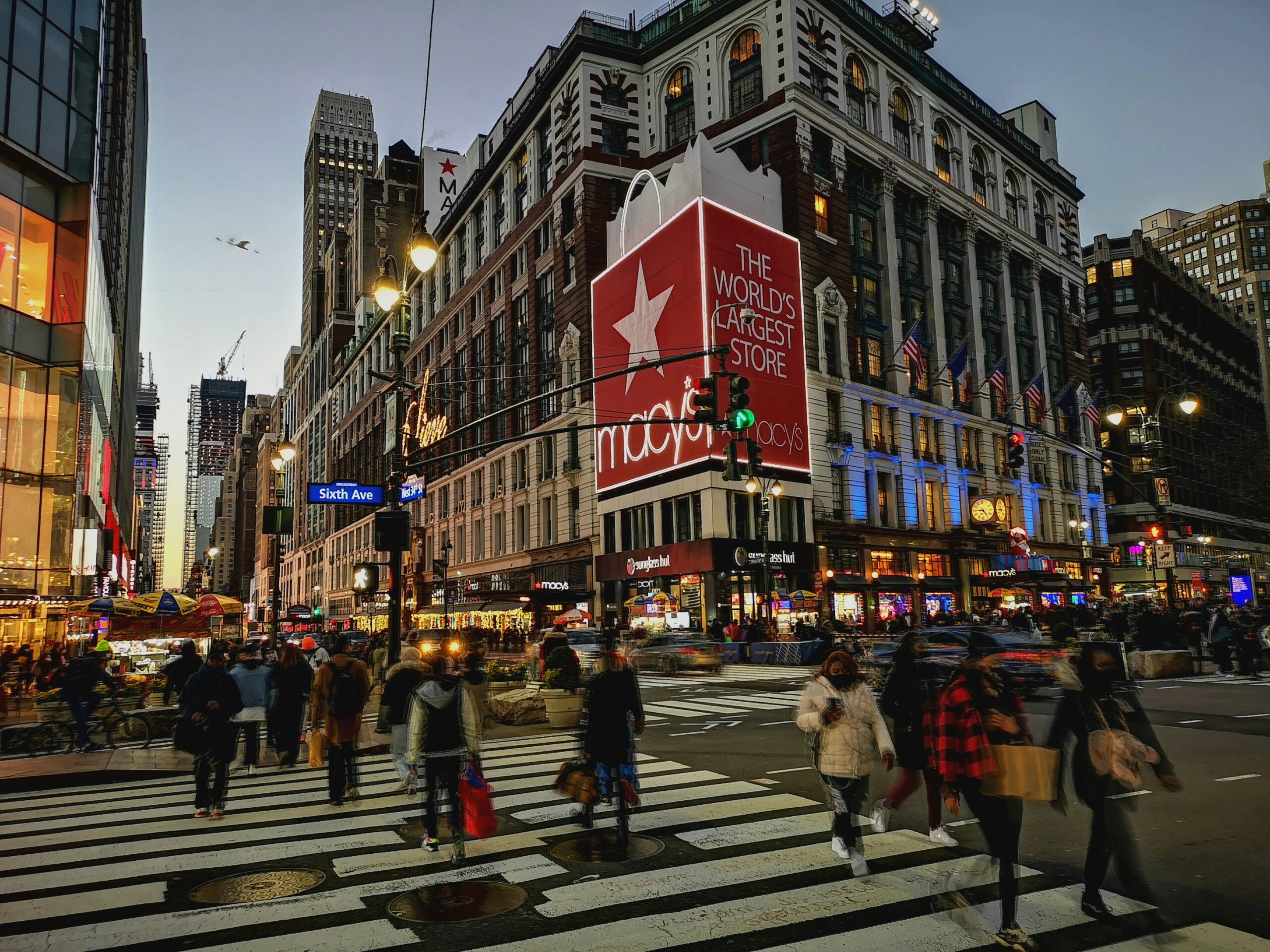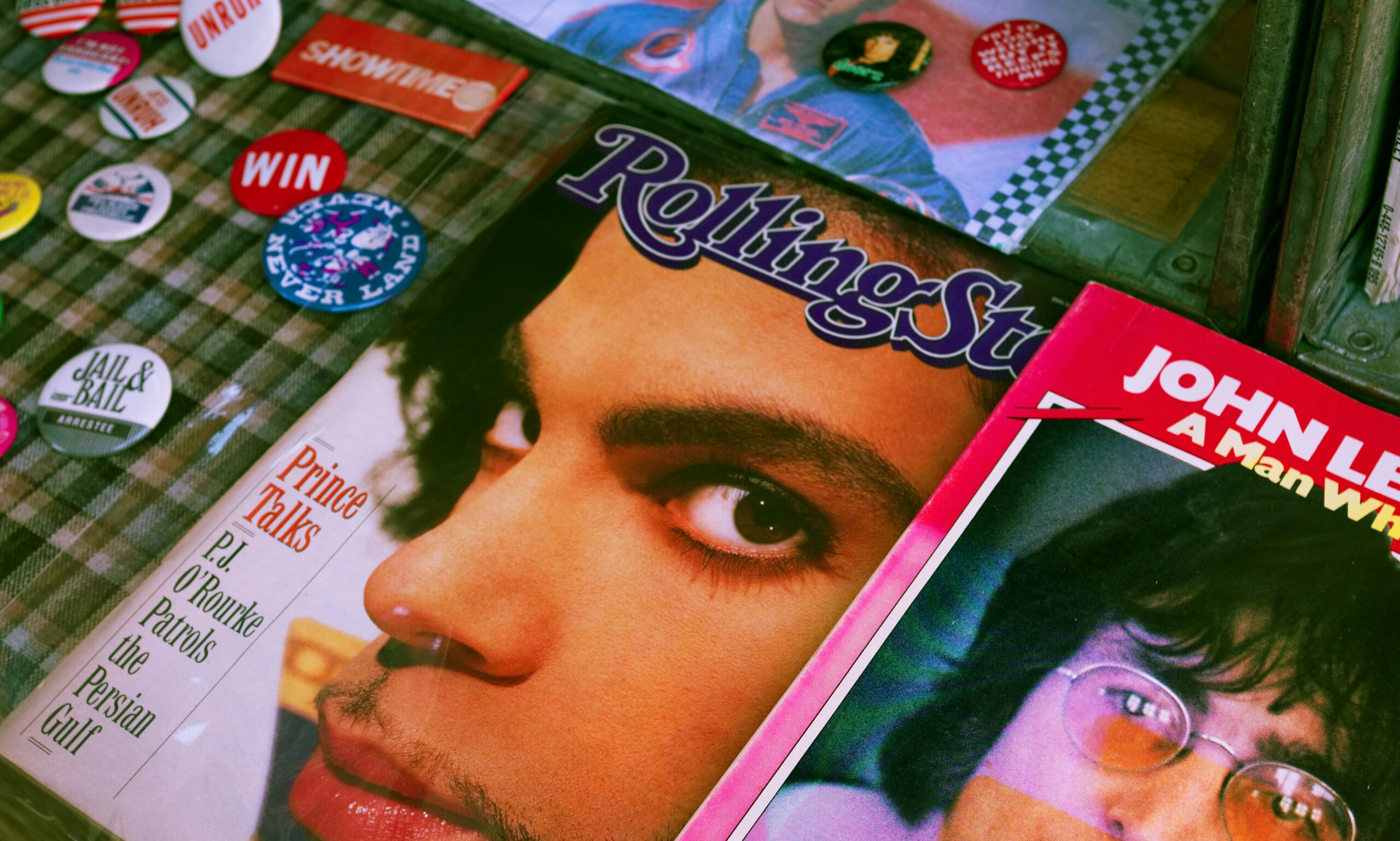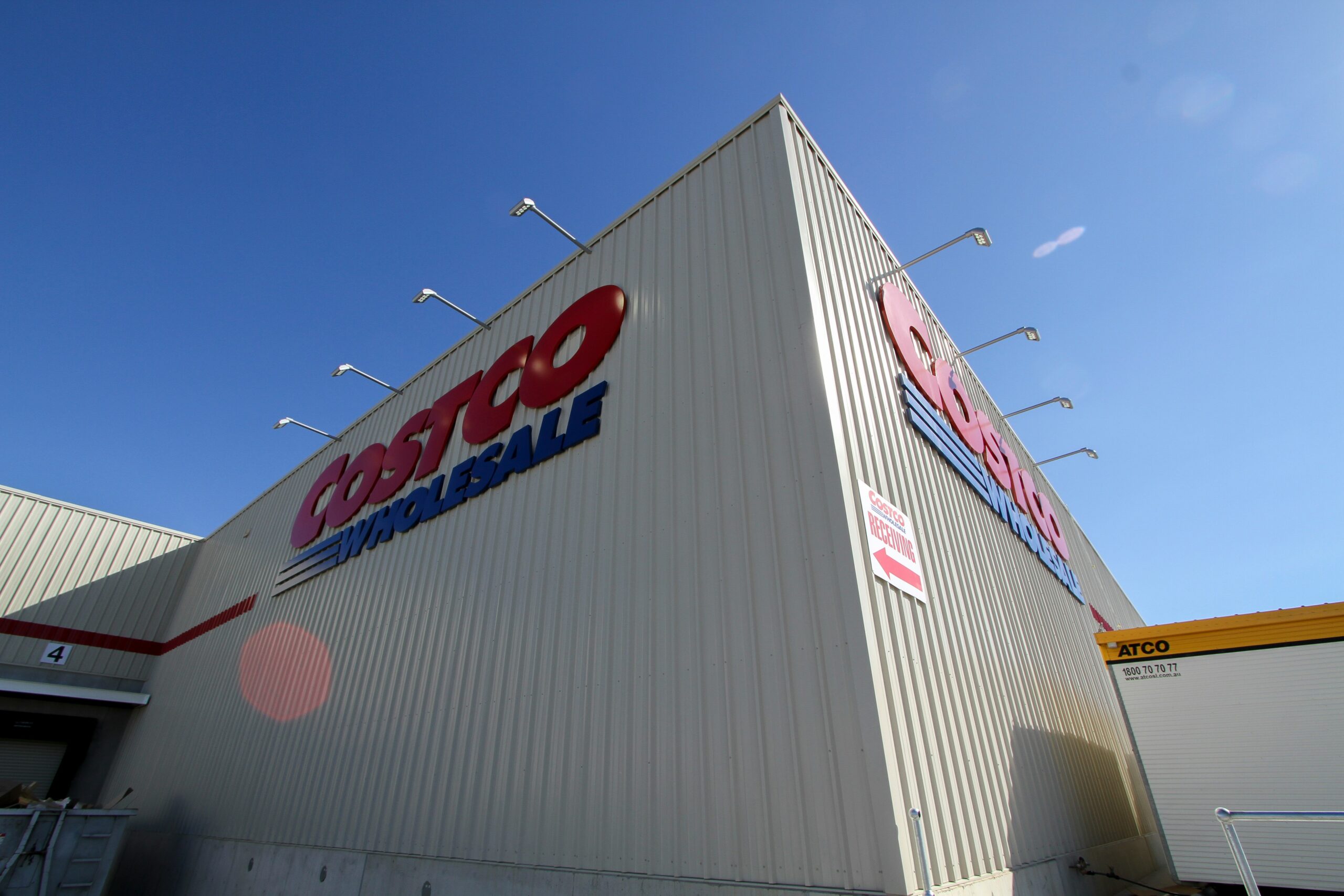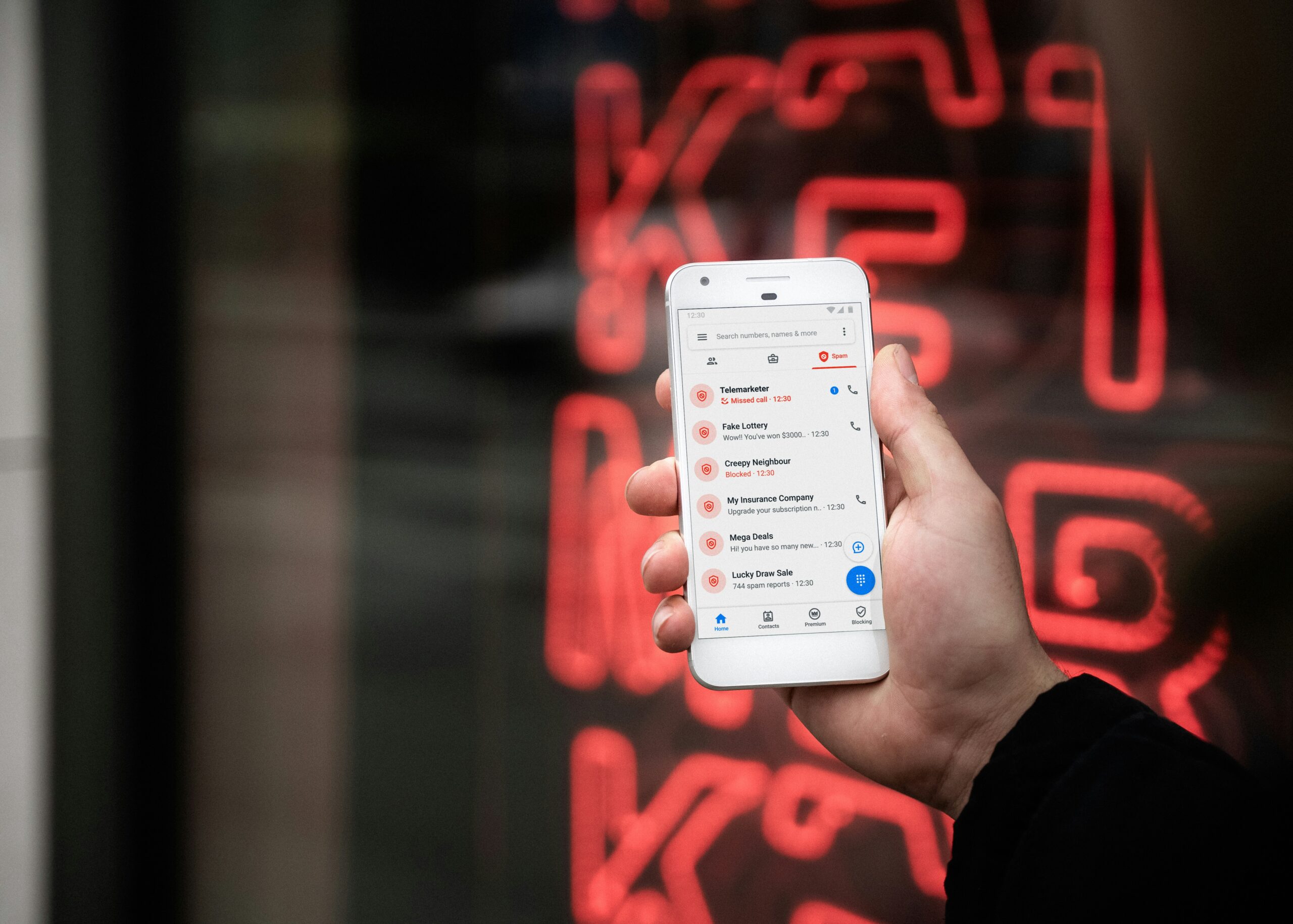Image credit: Unsplash
When you’re walking through your local grocery store, the background music is often an integral part of the shopping experience. These commercially made playlists are designed to enhance the ambiance and subtly encourage customers to spend more time—and more money—while shopping. However, if you’ve ever been to an Aldi store, you may have noticed something different: a conspicuous lack of music. Instead of background tunes, the store’s atmosphere is characterized by the sound of carts and the buzz of fellow shoppers. For some, this silence might seem unusual or even unsettling, but there’s a method to Aldi’s quiet madness.
The absence of music at Aldi is not a mere coincidence or a quirky choice; it’s a strategic decision rooted in the company’s core philosophy of cost efficiency and value for money. Aldi’s approach to store operations is designed to maximize savings and minimize expenses, and this extends to their decision to forego music. As Aldi employees have shared on various online platforms, the lack of music is so pronounced that it often becomes a topic of conversation among staff and customers alike. One employee even remarked, “I literally find myself humming the curbside ringtone at times,” highlighting how pervasive the store’s silence can be.
Aldi’s decision to eliminate music is part of a broader strategy aimed at cutting operational costs. According to a store spokesperson who spoke with Southern Living, every aspect of Aldi’s operations is geared toward passing savings onto the consumer. By skipping the cost of music licensing fees—a significant expense for many retailers—Aldi is able to offer lower prices on their products. This decision aligns with other cost-saving measures at Aldi, such as their quarter cart system and exclusive Aldi brands, all of which contribute to the store’s commitment to providing value for money.
In contrast, many other retail stores invest in background music as a deliberate strategy to influence shopping behavior. Music in stores is often used to create a pleasant atmosphere, build brand identity, and even encourage spending. According to Progressive Grocer, music can have a significant psychological impact on consumer behavior. For instance, music can create a sense of trust and comfort, potentially leading to increased sales. Ola Sars, founder of Soundtrack Your Brand, which licenses music for over 100 million stores, noted that music has the potential to lift sales by up to 10%. This is achieved through creating a desirable shopping environment that resonates with the store’s brand characteristics.

Despite the potential benefits of background music, Aldi’s employees and many customers seem to appreciate the store’s quiet ambiance. Many employees have expressed their preference for the silence, noting that it contributes to a less stressful work environment. One employee even stated, “I’m honestly glad that there isn’t any music. It would end up like all the other stores playing the same songs over and over again,” reflecting a common sentiment among the staff.
Customers also seem to value the absence of music. For some shoppers, the quiet environment at Aldi is a welcome change from the often overwhelming noise in other retail stores. One customer noted, “I love that my Aldi doesn’t play music. There’s another store I go to that has music blaring and I can’t even think. I can shop at Aldi in peace, a welcome change from noise overload everywhere else.” This positive feedback underscores how Aldi’s minimalist approach aligns with the preferences of both employees and shoppers who seek a more tranquil shopping experience.
In essence, while many retail stores use music as a strategic tool to enhance the shopping experience and boost sales, Aldi has opted for a different approach. By eliminating music, Aldi not only cuts costs but also provides a quieter, more focused environment for both customers and employees. This choice reflects Aldi’s broader philosophy of minimalism and cost efficiency, ultimately benefiting their bottom line while catering to a customer base that appreciates a simpler, more peaceful shopping experience.










































































































